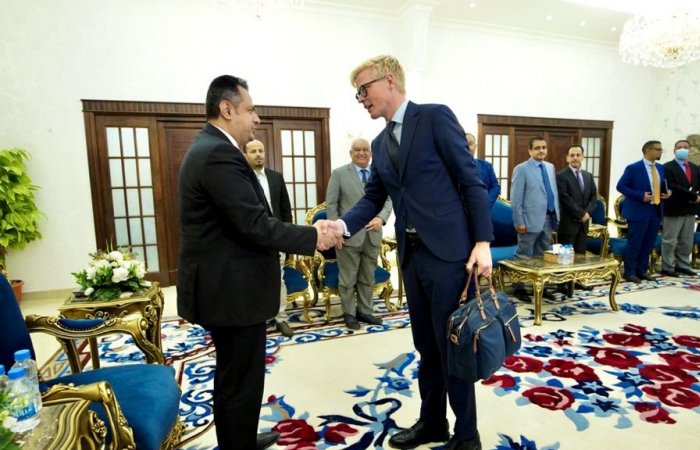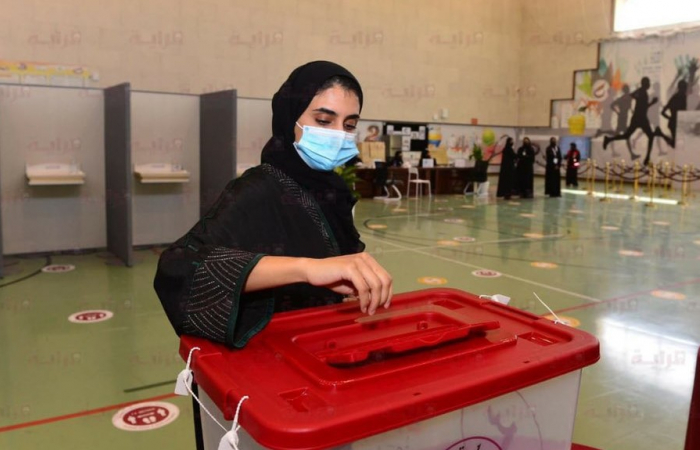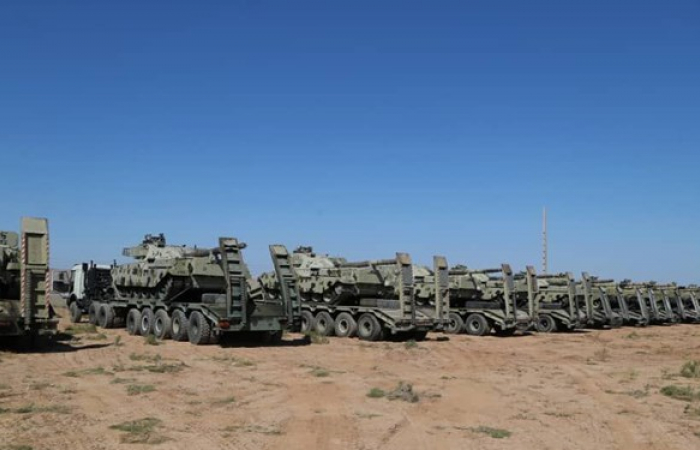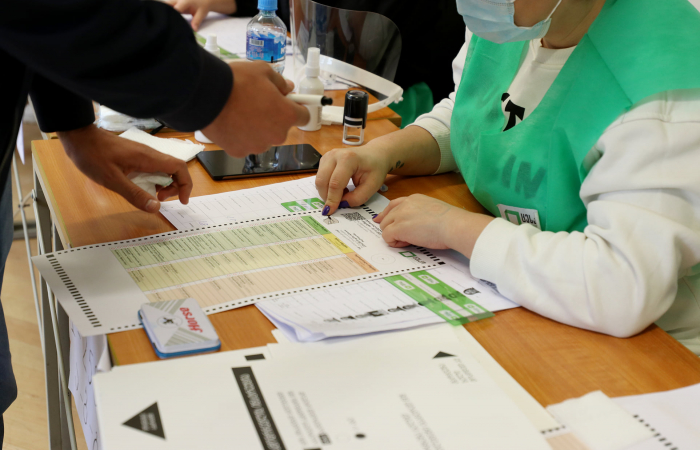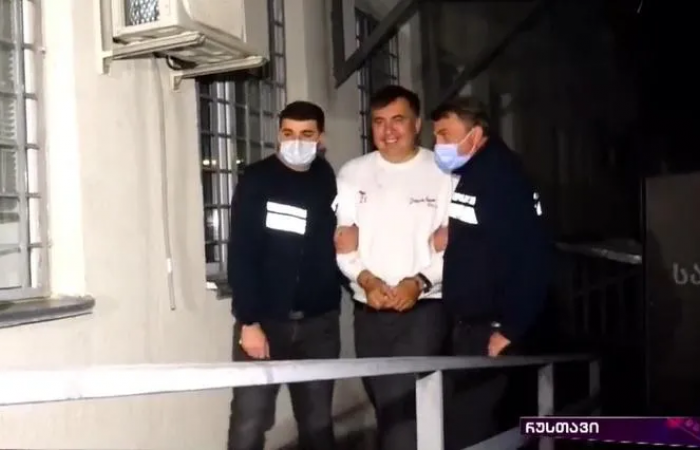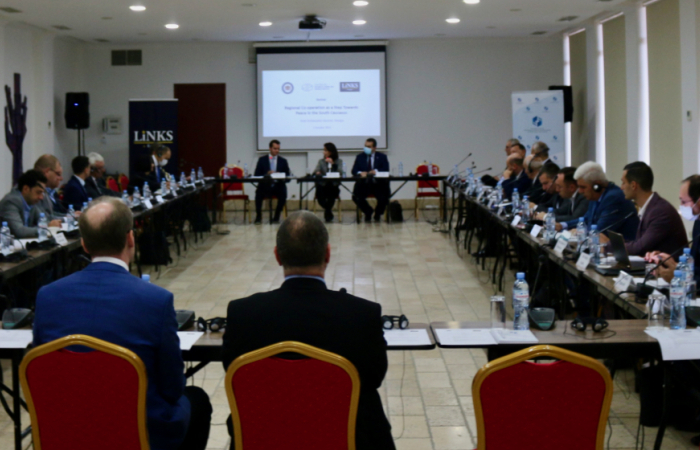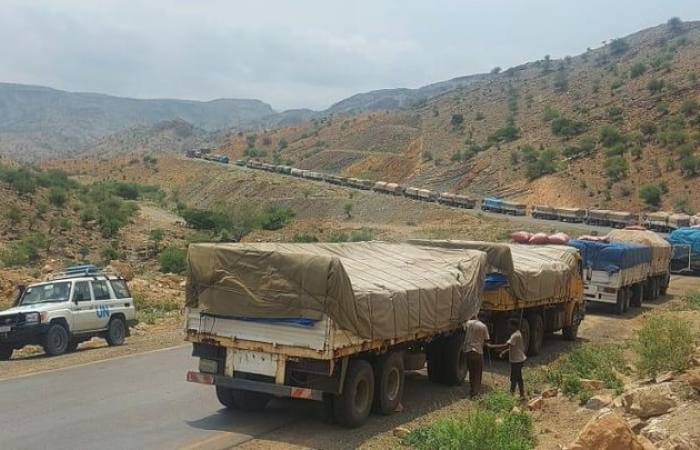Trending
UN Envoy in Aden in an attempt to salvage the Riyadh agreement
6 October 2021
The UN special envoy for Yemen, Hans Grundberg, is in Aden where he met with prime minister Maeen Abdulmalik to discuss ways to salvage the Riyadh agreement between the recognised Yemeni government and the Southern Transitional Council (STC). Grundburg stressed the need to implement the Riyadh agreement noting its economic, social and political benefits.



